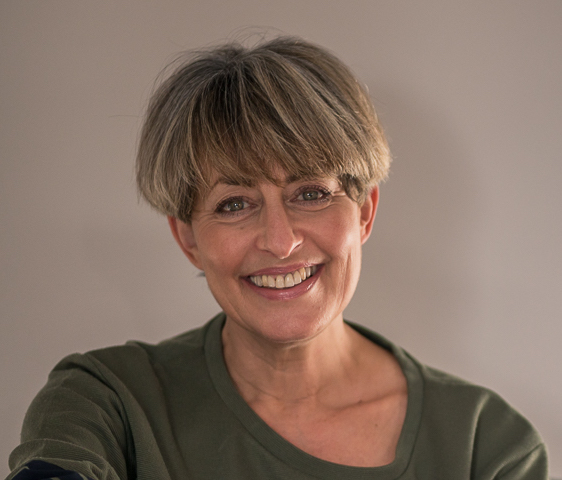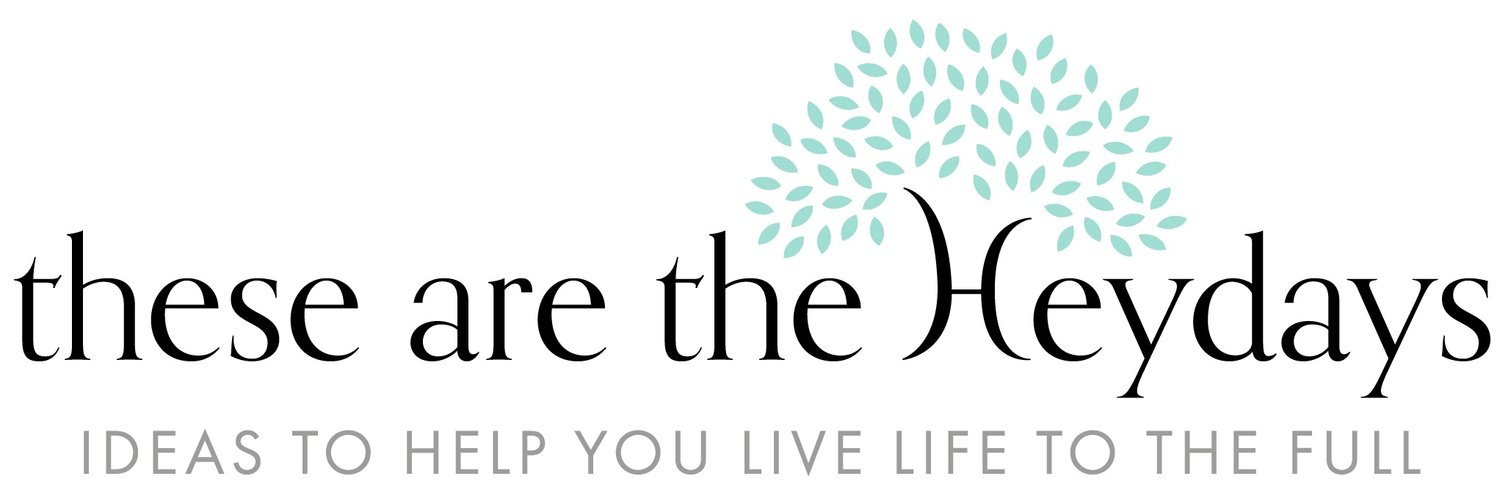My top 10 Hay Festival highlights
It's taken me 58 years to go to my first festival, and whilst I realise the one I chose to break my festival-virginity with was probably one of the most sedate, and certainly one of the most middle-class, but two days at the Hay Festival has been enough to turn me into an evangelical (for which I fully appreciate you could read, boring, but I'll try not to be) convert.
Whatever your sthick - music, literature, food, arts and crafts. Big or more intimate gatherings. Adult or family events - there's a festival to suit you. Day festivals, music festivals, family festivals. Festivals for tens of thousands of people, festivals with comedy and theatre performances, festivals with cinema screenings, festivals with top chefs serving up their food. I could to on (and on, and on), but you get the idea.
The thing is, in case you hadn't got the message by now (really?) I really, really recommend you give a festival a go. This is a great website, which has details of all the festivals in the UK. Have a rummage. I bet you find one you like the sound of.
For all you seasoned festival goers, I'd love to know what your experiences and recommendations are, so please do let me know in the comments at the bottom of this.
I'll clamber off my slightly muddy soap box now, but before I put away my wellies (which it turns out I didn't need because it didn't rain nearly as much as was forecast), here, in no special order, are 10 top quotes (gawd it was hard to narrow it down to just 10) from some of the fascinating, entertaining, illuminating speakers I heard at Hay. Unsurprisingly there have been a rash of books, and therefore quite a few talks, around the 70th anniversary of the NHS.
"There's more focus in the NHS on treating patients more holistically, but we need to be treating staff holistically too. We need to care for the carers better." Panel discussion with three junior doctors on how the future of the NHS lies in the resilience and innovation of its staff
'Every book is different. It's like having children. You never know how they're going to turn out." JoJo Moyes
"We use dance as a tool to help communities and empower young people. To change people's lives like it changed ours." The founders of Ethiopian dance company Destino Dance, both of whom worked on the streets of Addis Ababa as children
"It's only recently - since the 1980s and 90s - thanks to brain imaging technology, that we've even started to know more about the activity and function of the brain. And we still only know a fraction of what there is to discover about how it works." Rita Carter, science writer
"Do you worry about embarrassing your family with all the sex in your books?" "My children are pragmatists. They love mummy making money" Jilly Cooper in conversation with Stephanie Merritt
"There are four different sorts of thinking as a tool: Engineering thinking where you solve your way forward. Business thinking where you optimise your way forward. Research thinking where you analyse your way forward. And design thinking where you build your way forward." Dave Evans, Co-Director of the Stanford (University) Life Design Lab
"She had a profoundly optimistic approach at a time when everywhere else was gloomy, despairing and lacking in care. She believed in caring not just for the dying person, but their family too. In making people's final days meaningful, calm and contented." Professor David Clark on Cicely Saunders, pioneer of the hospice movement
"I suffer from serial novelism. It's an incurable condition. You just keep writing serial novels, and then you die." Alexander McCall Smith What a fantastically witty, funny, entertaining, thoughtful and interesting man! With the best giggle I've heard in a long time. He's definitely taken poll position on my dream dinner party guest list.
"The NHS is about us as a society fundamentally caring for and looking after each other. There's a reason it's the institution we're most proud of." Another panel discussion, with an NHS consultant, a junior doctor and a former junior doctor
"An identification is never good news, but it is kind news. Because then the families know what has happened to their loved one." Dame Sue Black, Professor of Anatomy and Forensic Anthropology Sue was such a fascinating and unexpectedly funny speaker (she describes herself as a 'chubby, red headed, curly haired Scottish bird') that I bought her book. I'll report back when I've read it.
Other posts you might enjoy












